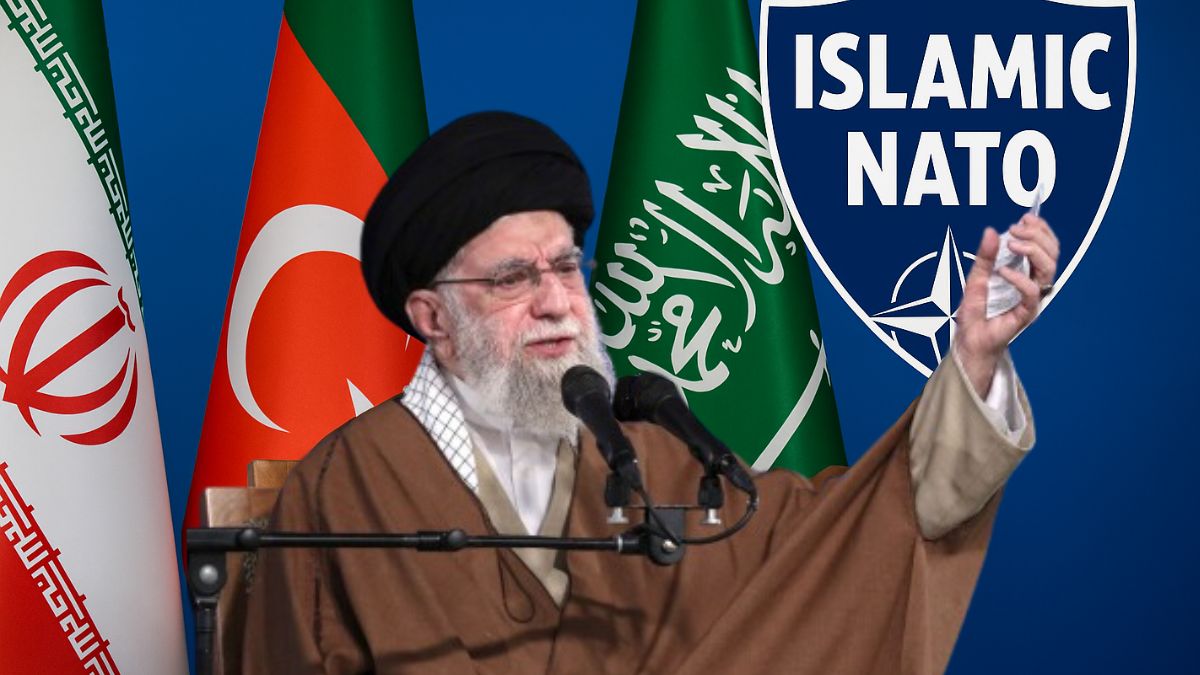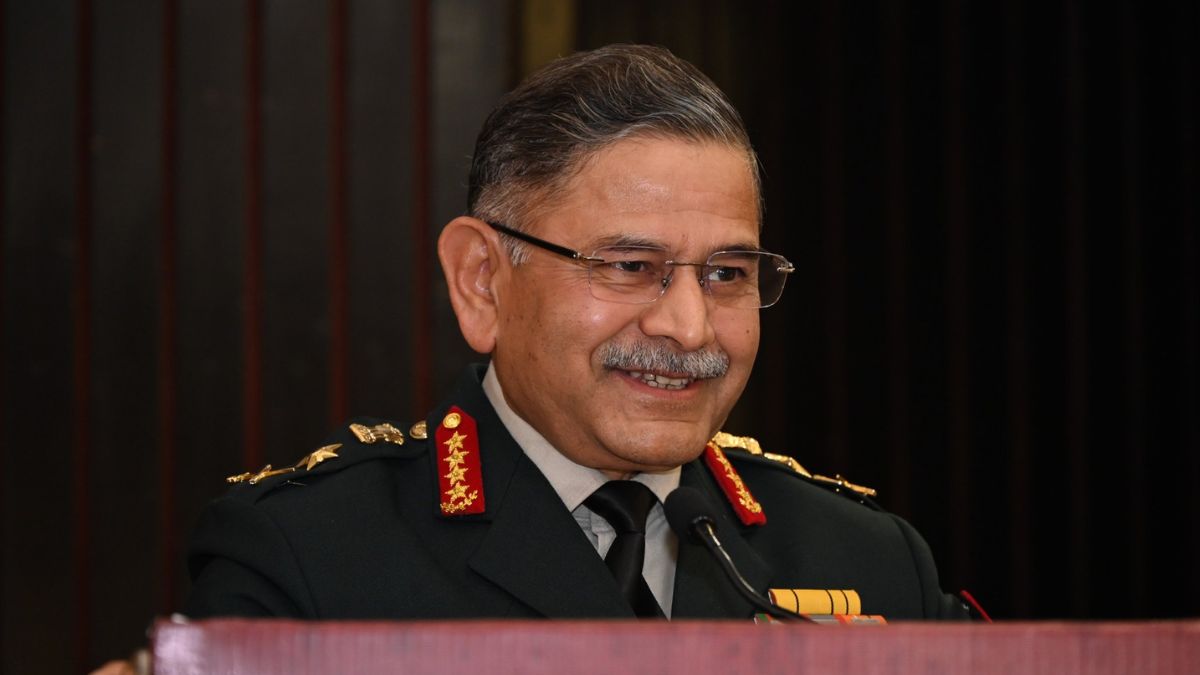Iran Pushes For ‘Islamic NATO’ As OIC Convenes In Qatar: Regional Unity Or New Fault Lines?

As OIC met in Doha, Iran framed Israeli strikes as a turning point, urging Muslim states to build a joint defence front despite old divisions. Image courtesy: RNA
Iran is stepping up calls for the creation of an “Islamic NATO” as Muslim nations prepare for an emergency summit of the Organisation of Islamic Cooperation (OIC) in Doha. The push follows recent Israeli strikes on Doha, with Tehran framing the attacks as a rallying point for collective Muslim defence.
Senior Iranian voices, including Mohsen Rezaei, a former commander of the Islamic Revolutionary Guard Corps, have urged decisive action from the OIC. Warning that countries such as Saudi Arabia, Turkey, and Iraq could face similar Israeli offensives if the bloc remains passive, Rezaei argued that the “only solution is forming a military coalition.”
Is the Iranian call for a NATO-style alliance getting support?
The concept gained further backing from Shia clerical leaders. Jalal Razavi-Mehr of Qom advocated for a joint Islamic army, operating under unified command and guided by both defensive and offensive doctrines. His remarks echoed Iran’s long-held aspiration of creating a pan-Islamic military alliance capable of countering Israel and Western influence.
Yet within Iran’s diplomatic corps, a more cautious tone prevails. Mehdi Shoushtari, Director General for West Asia and North Africa at the Foreign Ministry, stressed that while the conditions for regional security cooperation are “more favorable than in the past,” it is still premature to discuss a binding pact.
He emphasised the need for a “shared understanding” at both expert and governmental levels, highlighting the challenges of aligning diverse political and sectarian interests.
Why is Iran’s call significant?
The timing is significant. President Masoud Pezeshkian’s attendance at the Qatar summit underscores Tehran’s determination to project leadership within the OIC, a body traditionally dominated by Sunni-majority states.
Relations between Iran and Qatar, despite past friction during Iran’s clashes with Israel that saw Tehran target a US base in Qatar, have generally trended toward greater political and economic cooperation.
For Iran, the “Islamic NATO” concept serves both ideological and strategic purposes. It allows Tehran to position itself as the vanguard of Muslim resistance against Israel, while also testing the willingness of Sunni-majority powers like Saudi Arabia and Turkey to set aside rivalries in pursuit of a shared security framework.
What are the hurdles for an Islamic NATO?
However, the hurdles are steep. The OIC, with its 57 member states, has often limited its response to issuing joint statements rather than adopting binding security measures. Deep divisions over Iran’s regional role, sectarian mistrust, and competing foreign policy alignments make the prospects of an actual Islamic military bloc uncertain.
As the OIC convenes in Doha, the test will be whether Iran’s rhetoric translates into concrete steps, or whether the call for an “Islamic NATO” remains another symbolic gesture in the Middle East’s shifting strategic landscape.







